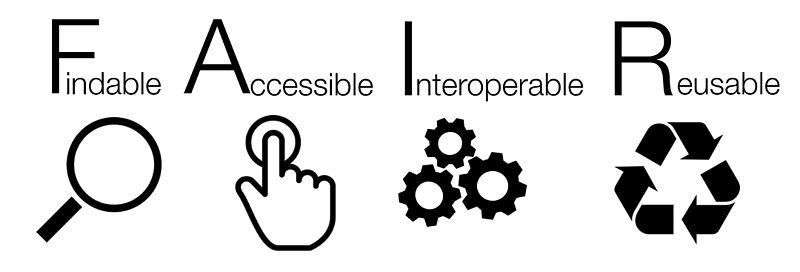Total projects submitted
174
Collaborations / Accompaniements
138 / 36
In progress
10
Total remaining work (months)
36
Distinct collaborators
121
In Collaboration mode, we handle the analysis of the data. If possible, we would like to be involved very early in the project design to give advice concerning the experimental design, the sequencing strategy, the number of samples/replicates, the randomization, etc.
We take care of storing sequencing data on our infrastructure and we provide a web report that tracks all performed analyses to facilitate reproducibility.

The Accompaniement mode is quite different. Our role is to help you to analyze and interpret the results you obtain. We give assistance for debugging, choosing tools and parameters but don’t perform the analyses. With this service, you have access to an interlocutor available to answer your questions, supervise your treatments and help you in the analysis and interpretation of your results. It helps you to become progressively autonomous and confident in your bioinformatics skills.
This mode is appreciated by people who have taken one of our trainings and by doctoral students.

antiSMASH 8
Autocycler
BamToCov [4] is a toolkit for rapid and flexible coverage computation that relies on the most memory efficient algorithm and is designed for integration in pipelines, given its ability to read alignment files from streams. The tools in the suite can process sorted BAM or CRAM files, allowing the user to extract coverage information via different filtering approaches and to save the output in different formats (BED, Wig or counts). The BamToCov algorithm can also handle strand-specific and/or physical coverage analyses.
Bowtie2
Delly
EggNOG-mapper
fastp
FastQC
freebayes
The denoising.py tool from the FROGS suite
GTDB-tk v2
HoCoRT
- The sequencing data is mapped to the reference genome.
- The sequences which map well are removed and the remaining sequences are written to output files.
Some of the pipelines combine multiple mappers/classifiers in an attempt to improve the results.
Kaiju
Each sequencing read is assigned to a taxon in the NCBI taxonomy by comparing it to a reference protein database containing microbial and viral protein sequences. By using protein-level classification, Kaiju achieves a higher sensitivity compared with methods based on nucleotide comparison.
KneadData
Kraken2
Minimap2
NanoCaller
PEAR
The phyloseq package
Qualimap
- Examines sequencing alignment data according to the features of the mapped reads and their genomic properties
- Povides an overall view of the data that helps to to the detect biases in the sequencing and/or mapping of the data and eases decision-making for further analysis.
Resistance Gene Identifier (RGI)
Sequali
SPAdes
SPAdes package contains assembly pipelines for isolated and single-cell bacterial, as well as metagenomic and transcriptomic data. Additional modes allow to discover bacterial plasmids and RNA viruses, as well as perform HMM-guided assembly. Besides, SPAdes package includes supplementary tools for efficient k-mer counting and k-mer-based read filtering, assembly graph construction and simplification, sequence-to-graph alignment and metagenomic binning refinement.
StringTie
ToulligQC

One of our mission is to promote the FAIR principles in research. In this way, we can handle the transfer of data to public repositories and we provide you a web companion report that lists all of the analyses done (tool, version, interpretation).
This website is provided to you at the start of the project and is updated as the analyses progress.
